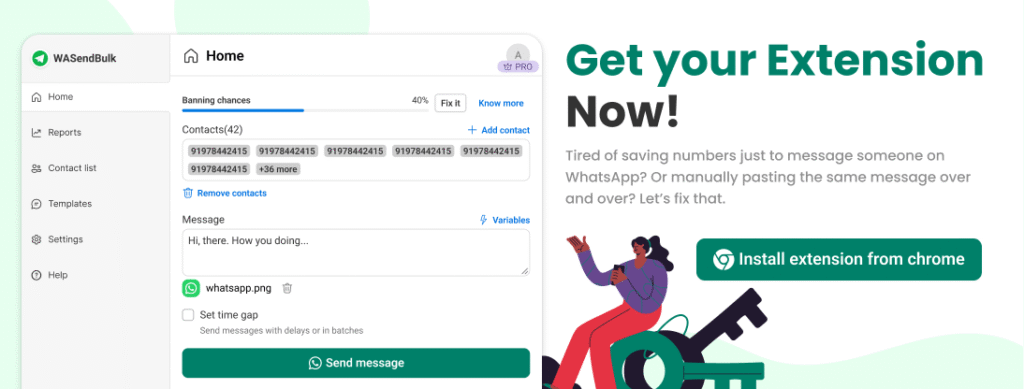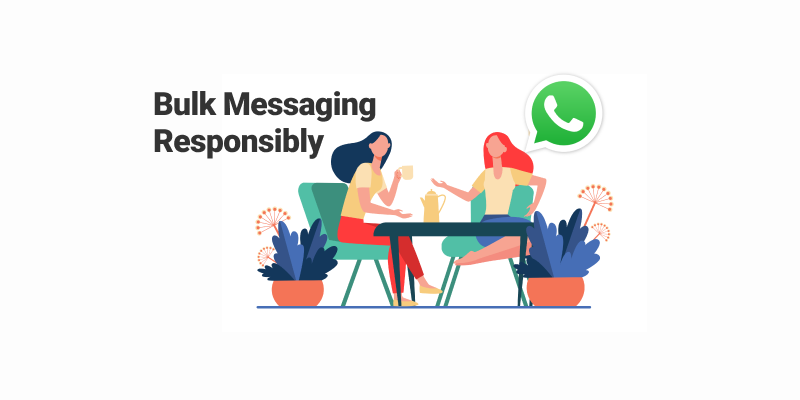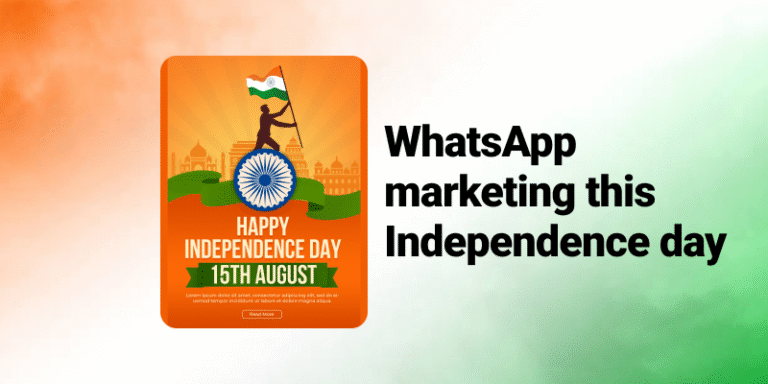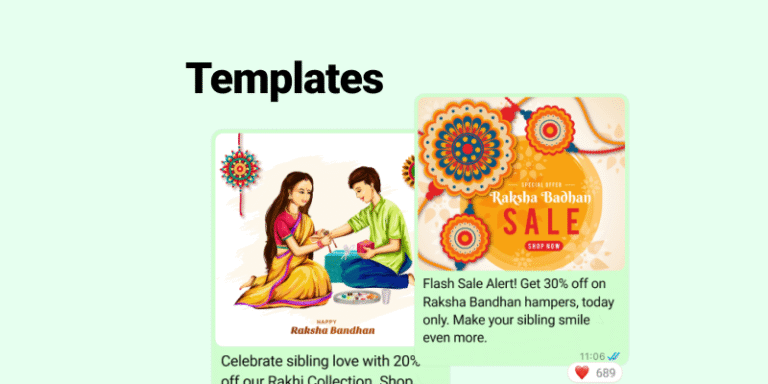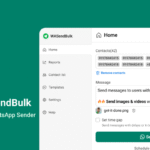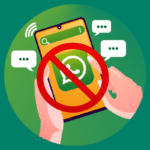WhatsApp is a powerful platform for communication. When used responsibly, bulk messaging tools like WASendBulk can streamline outreach efforts without risking account penalties. This guide explains how to send bulk WhatsApp messages in a compliant and effective manner.
1. Send Messages Only to Users Who Opt In
WhatsApp’s Messaging Guidelines strictly prohibit unsolicited bulk or automated messaging. You may only contact users who have explicitly consented to hear from you or have previously interacted with your brand. Always collect opt-ins clearly via forms, sign-ups, or offline agreements, and provide an easy way to opt out.
2. Avoid Automation That Violates WhatsApp Policies
WhatsApp enforces strong policies against bulk automation. Their rules state that using unauthorized third-party automation methods, automatic dialers, multiple message blasting, or scraping violates their Terms of Service. WhatsApp will remove accounts detected using such methods through both automated filters and manual review processes .
3. Personalize Messages at Scale
Bulk messages that are identical can be perceived as spam, increasing the risk of recipients reporting them. Ensure every message is tailored with simple personalization like {{name}} or {{service}}. This increases engagement and reduces the likelihood of being flagged.
4. Manage Send Volume and Timing
Oversending increases both user friction and the risk of triggering automated bans:
- Personal accounts: limited to a few hundred messages per day
- Business accounts: can handle larger volumes, but still have limits
Avoid sending a large number of messages at once. Use tools with built-in delays or scheduled intervals to spread outreach over time.
5. Use Only Official WhatsApp Apps for Messaging
WhatsApp strictly forbids the use of unofficial or modified clients. Always use the official WhatsApp or WhatsApp Business app. Tools like WASendBulk work through WhatsApp Web and respect their usage patterns, reducing risks of automated bans.
6. Maintain Two-Way Communication and Provide Value
WhatsApp is designed for conversational engagement, not one-way pushes. Maximize value by:
- Sending useful updates, reminders, or service messages
- Prompting recipients for feedback or responses
- Responding promptly to any replies or requests
High-quality interactions reduce reports and improve delivery metrics.
7. Follow Official WhatsApp Business Guidelines
The WhatsApp Business Messaging Policy mandates rules around user consent, content quality, and transactional transparency. Businesses must not mislead users or process restricted vertical content without proper approvals.
8. Clean and Update Contact Lists Regularly
Avoid sending messages to outdated or invalid numbers. Ensure phone lists are properly formatted and have opted in, to improve delivery success and reduce bounce or complaint rates.
9. Monitor Performance and Compliance
Collect metrics like delivery rates, open rates, and opt-outs. A spike in complaints or sudden reduction in deliverability may indicate a policy violation or WhatsApp’s automated limits.

Why WASendBulk Helps You Stay Compliant
- Supports sending to unsaved numbers without marking as forwarded
- Custom placeholders like
{{name}},{{service}}for personalization - Optional smart delays between messages to mimic human pacing
- Delivery reports to monitor message success
- Works via WhatsApp Web—no unofficial clients
Final Summary
Using WhatsApp for bulk messaging demands responsibility. Stick to these key practices:
- Only message users with consent
- Avoid prohibited automation
- Personalize every message
- Regulate volume and timing
- Use official apps and compliant tools
- Encourage valuable dialogue
- Adhere to WhatsApp’s policies
- Keep contact data clean
- Track performance and feedback
By following these guidelines—and leveraging WASendBulk for safe execution—you reduce the risk of account issues and build long-lasting customer relationships.
